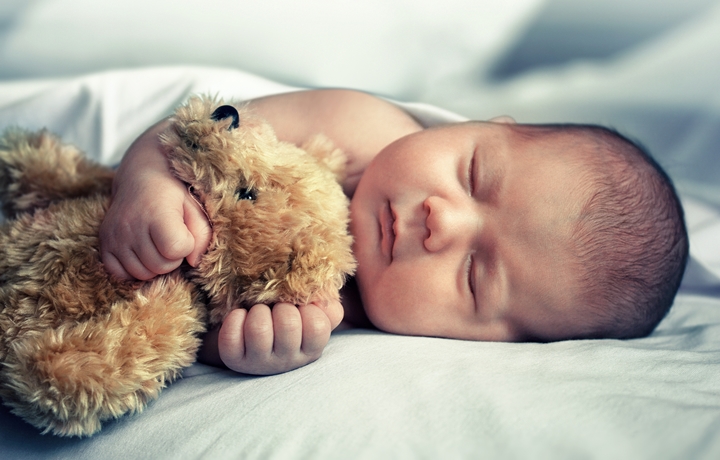
One of the biggest challenges for parents with a new baby is how to get them sleeping comfortably during warm summer nights. Heat and discomfort are the primary ways in which your baby’s sleep may be interrupted, but some other aspects may contribute during the summer months.
Don’t forget that all babies are different! Some newborns might sleep for short periods throughout the night while others will really bunker down and do 12 hours straight. As babies get older, their sleep requirements also quickly change, so keep this in mind when thinking about your child’s sleep patterns.
Here are 6 great ways to help your baby sleep well on summer nights:
1) Create the perfect environment for sleep
The key factor in getting a baby to sleep well is to create a calm environment that is conducive to sleeping. Factors including temperature, light and sound all come into play.
Keep your baby’s room at a comfortable temperature, ideally between 16°C and 20°C (60-68° F). If the room is too warm, use a fan to circulate air above your baby’s crib (never directly on the baby as they can quickly get a chill if the temperature changes). You can also hang wet towels from windows to cool the air entering the room.
Limit the amount of noise within the house if possible. Before your baby is going to be put to bed, move them into a quiet space away from noise sources including loud fridges, televisions and computers. It is often a great idea to turn off electronic devices before the baby is going to be put to bed. So, for the 10-20 minutes before they are put to bed, turn the television off, turn the computer off and just enjoy some quiet time with your child. If you use a fan in your baby’s room, make sure it is low-noise.
Lower the level of light in the home before the baby is placed in their cot. You have to consider what human beings are used to and it’s not bright fluorescent lights at 10pm!
You can also use sound to your benefit. Use relaxing “white-noise” audio tracks that include the sounds of rainfall, the ocean or the wind blowing. Natural white noise has been scientifically proven to help humans fall asleep. Use it yourself to increase the quality of your own naps!
Prepare the room by opening windows to exhaust any built up heat before the baby goes in there and use fans to blow the heat from the room. If you have air conditioning, prepare the room using that.
______________
Read More:
Tips to Make Your Newborn Comfortable in the Summer Heat
First Month Survival Tips for New Dad
Guide to Handling Colicky Baby for New Moms
6 Essential Tips to Taking Care of Newborn Twins
______________
2) Establish a routine
As your baby gets older (3 months+), a routine get help them prepare for bed. On a warm summer night, that routine can include giving them a bath and changing their clothes before bed. That helps to remove any discomfort they might be experiencing from the warmth and helps to relax them.
3) Be regimented!
It is important to adhere to any routine or schedule that you create. Keep putting them to bed at the same time and perform the routine the same way. When they wake up in the middle of the night, keep the same routine to get them back to sleep.
In summer, you may be more likely to stay up later in the night and it can throw off your baby’s routine. Remain vigilant about when you and your baby go to sleep and use the sunrise/sunset times as a guide for any sleep routines you create.
4) Don’t play with your baby before bed time
Another way to prepare your child for sleep is to remove most forms of stimulation. Put away the noisy toys, stop moving the baby throughout the house and stop talking loudly. Some babies may find the sound of their parent’s voice relaxing, so try speaking to them in a quiet voice or read them a bed-time story.
5) Keep the pests out
Make sure the environment is safe from insects and critters. A mosquito can interrupt your baby restful sleep with a few bites, so make sure the environment is safe from insects.
6) Dress your baby for the heat
It is important to make sure your baby is wearing clothing that allows heat to leave their body when they are too warm. Natural fabrics are ideal for this, so dress them in cotton. Avoid synthetic garments. You should also use cloth nappies when necessary because they are less likely to cause sweating and rashes compared to nappies that have plastic or synthetic materials. Additionally, remove excess blankets and covers from the crib.
{{cta(‘ceac604f-5007-4fb2-9b20-3629af4173e8’)}}


